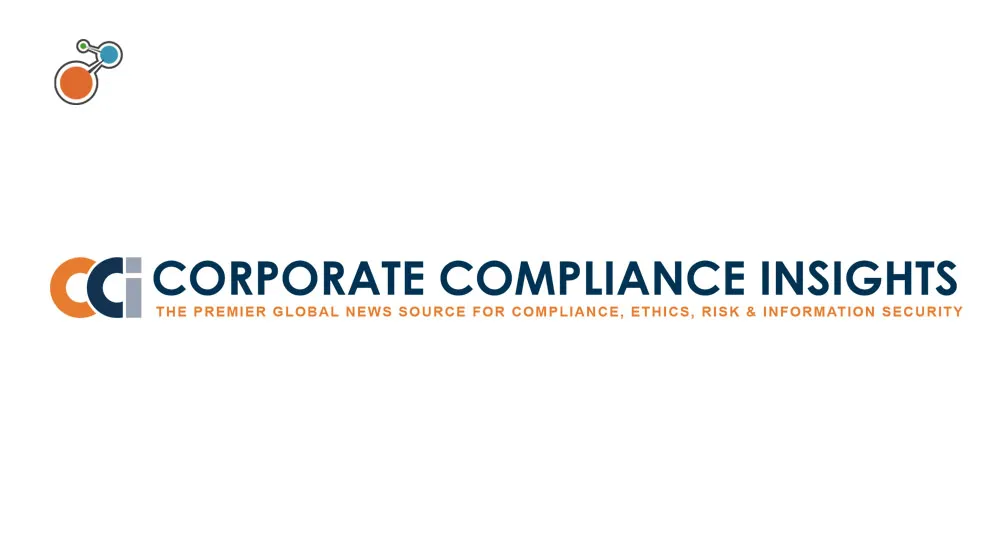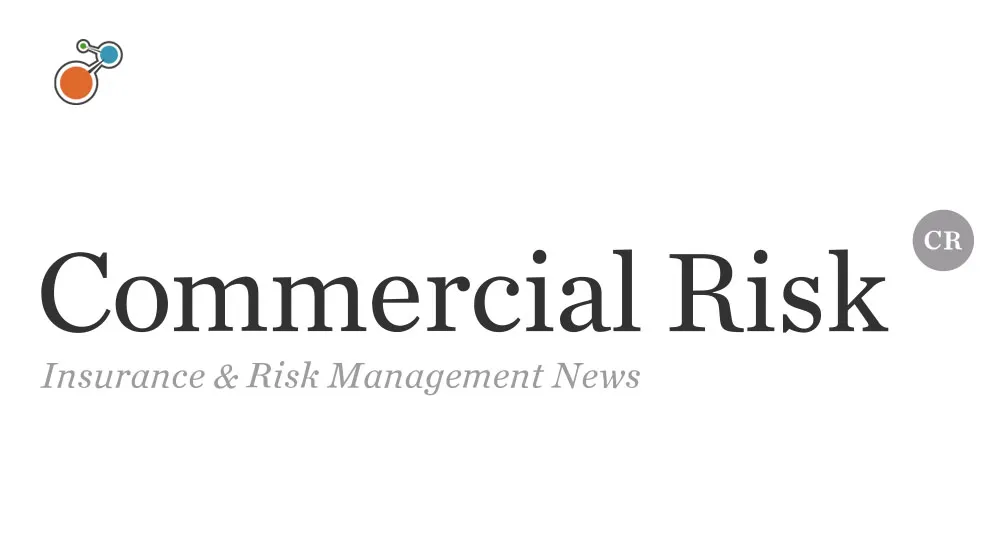TMC Net, October 23, 2023
Generative AI, characterized by its ability to create content, data and even human-like text and imagery, continues to gain prominence in various industries. While it promises innovative solutions, its lightning-fast growth also brings forth a new set of business risks.
These risks encompass concerns about the misuse of AI-generated content for misinformation and fraud, intellectual property disputes related to AI-generated works and the ethical implications of AI-driven decision-making. The concerning part is organizations lag in awareness surrounding generative AI threats. I recently wrote a story on it.
A new study, released by Riskonnect, goes a few steps further and reveals only 9% of companies say they’re prepared to manage risks associated with using generative AI inside the enterprise, and only 17% of risk and compliance leaders have formally trained or briefed their organizations on the risks of using generative AI.
At the forefront, data privacy and cybersecurity issues are sizeable, with 65% of companies expressing worries about the safeguarding of sensitive information and potential cyber threats. Moreover, the risk of employees making decisions based on inaccurate AI-generated information is a significant apprehension, affecting 60% of organizations, highlighting the critical need for ensuring data accuracy and employee training.
Ethical concerns associated with employee misuse of AI and the broader ethical implications of AI technologies affect 55% of companies, necessitating the establishment of robust ethical guidelines. The unethical use of AI can involve the manipulation of AI-generated content for fraudulent or malicious purposes, such as generating fake reviews, deepfake videos or misinformation, which can undermine trust and credibility.
Ensuring ethical AI use necessitates robust employee training and the establishment of clear guidelines to prevent misuse while upholding principles of fairness, transparency and accountability.
The study also found that companies’ preparedness in managing risk leaves much to be desired, with 63% failing to simulate their worst-case scenarios. This is indicative of a gap in anticipating and mitigating unforeseeable risk events. Only 5% of organizations feel adequately prepared to assess, manage and recover from unpredictable risk events, emphasizing the need for comprehensive risk management strategies.
Read the full article in TMC Net.>>





